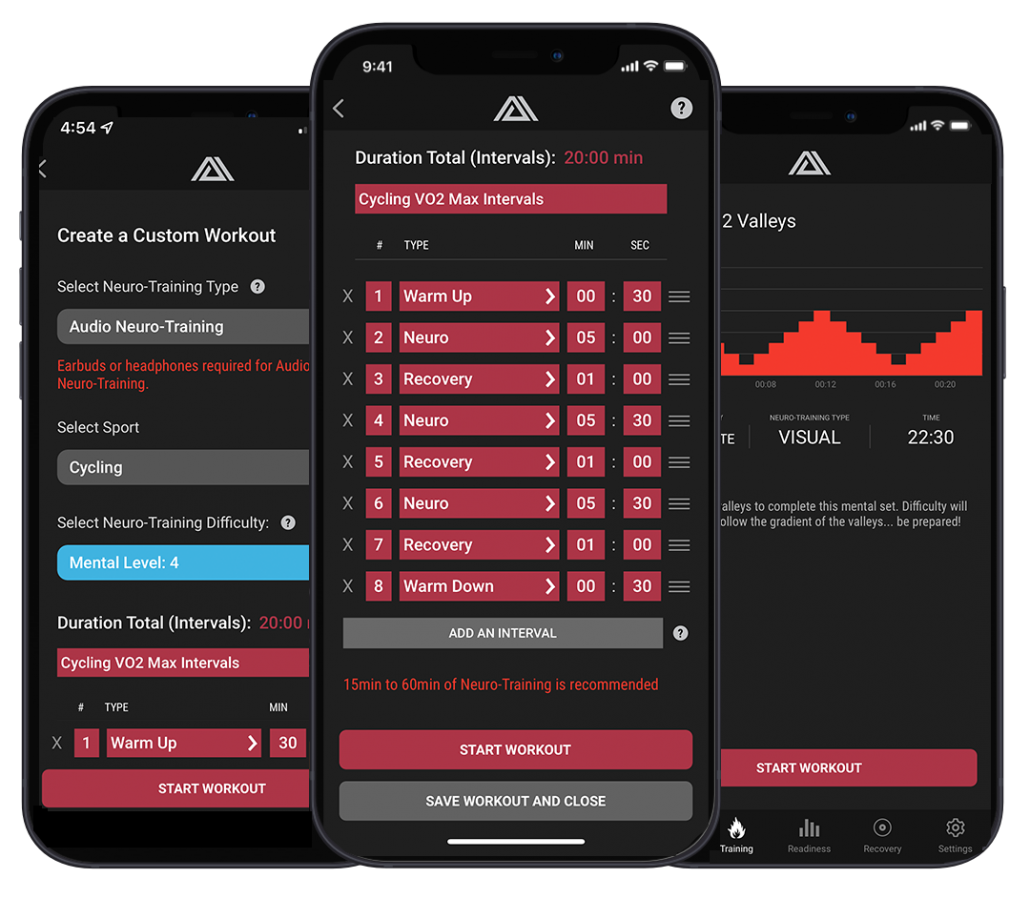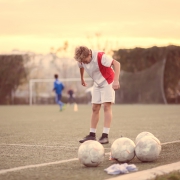How to Build Mental Resilience in Sports
When the going gets tough, the best athletes use their resilience to persevere. In the fast-paced and highly competitive world of sports, athletes are constantly faced head-on with numerous setbacks and flickers of self-doubt.
There’s dealing with injury — and whether you can come back from it — coming back from a loss, switching teams, and more day-to-day challenges, such as training, competing, and staying motivated after a loss, or several defeats.
Resilience is defined as the ability to adapt, recover, and grow stronger from adversity. It’s how the best athletes stay focused on their goals, despite how it may look to others. Many people think that some athletes are born with resilience, and that others are not. And while that may somewhat be true — in that, some people are naturally more resilient than others — resilience can definitely be trained.
So, this blog post will explain why mental resilience is important and ways for you to develop resilience in sports.

What is the importance of resilience in sports?
Resilience is a defining factor that separates good athletes from exceptional ones. In sports, where success is often determined by split-second decisions and the ability to perform under immense pressure, mental resilience plays a vital role. It’s fuel to the fire that allows athletes to navigate setbacks, injuries, failures, and self-doubt without losing sight of their goals.
Add resilience to your toolkit, and you’ll bounce back stronger from defeats. It allows you to cultivate a positive and growth mindset, and helps athletes embrace challenges to grow, rather than decline and move backward. Something you should definitely avoid in the realm of sports!
How to develop resilience
For most, resilience is not an innate trait; it’s a skill that can be developed over your sports career. But the skill of resilience must be nurtured and watered over time — it’s not a one-and-done kind of trait. It requires a lot of work and discipline to maintain.
Continue reading to discover ways to build mental resilience in sports, based on research with Elite athletes.
Understand your motivation
What gets you out of bed in the morning? Why do you do what you do?
To build and develop mental resilience, you need to understand your motivation. What are you trying to achieve? It could be something as simple as becoming a better athlete, winning a local meet, or landing a spot on a big team.
Whatever it is, channel it. And remind yourself of your motivators — what values would someone who is striving to achieve your goals have? Practice those!

Evaluate setbacks and implement lessons
We all encounter setbacks — things don’t always go exactly as planned; you get injured and can’t play for 12 weeks, you don’t qualify for the next stage of a race, or you don’t perform as well as you thought you would.
And while it’s easier to wallow in self-pity, the only real way to get better — and to build mental resilience in the process — is to evaluate setbacks and implement lessons from these.
Use failure as a stepping stone toward success. If you missed a free throw in the final minute of a game, maybe you need to work on your shots under pressure. If you lost a race in the final 100m, you might need to work on your sprint performance.
Add fuel to the fire, evaluate your setbacks, and learn from your mistakes. Every time you come back from defeat, you beat on the hammer in the fire and become more and more resilient.
Use mental skills to prepare for success
Mental skills such as visualization, self-talk, goal setting, and mindfulness are all powerful techniques that can help prepare you for success. They can also help you build resilience, allowing you to maintain a positive mindset as you navigate through setbacks and adversity.
For example, self-talk can help you increase confidence and focus before a big game, goal setting helps you stay focused on what matters most, and mindfulness allows you to clear distractions to prepare for success.
Related: How to Create a Mental Training Program for Athletes.
Focus on achieving balance
Achieving life balance can help you build resilience and improve your performance. Often, athletes think that the more they do, the better they’ll get. And while that’s true to some extent, this can also lead to physical and mental burnout and sports injury.
Life balance, i.e. switching focus between sports, social life, relationships, and work, ensures you tick all the other boxes to help you improve. For example, if your social life is lacking, then you might be less resilient as one of your basic needs is not met.
So instead of going all in on your sport, not seeing friends or family, and isolating yourself from the outside world, it’s a lot healthier and easier to build resilience if you focus on balance. Achieving balance is also a lot easier than giving it 100% all of the time!

Use Rewire to build resilience and increase performance
Athletes can use Rewire to build mental resilience and increase their performance. Discover our integrated mental resilience training system, based on neuro-training protocols, that can be used with a variety of different sports and activities.
Monitor and track your readiness to measure physical, cognitive, and emotional stressors and achieve life balance to propel you forward. We can help you become more resilient, helping you achieve your goals.
“Rewire’s latest platform makes mental strength training more accessible to athletes everywhere with easy-to-use tools to help them reach their goals.” – NBA All-Star, Kyle Korver
Find out how Rewire can help you

References:
- Kegelaers, J. and Wylleman, P., 2019. Exploring the coach’s role in fostering resilience in elite athletes. Sport, Exercise, and Performance Psychology, 8(3), p.239.










